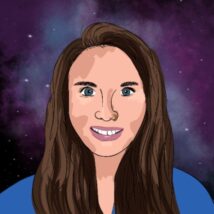
Maria Temming
Assistant Managing Editor, Science News Explores
Maria Temming is the Assistant Managing Editor at Science News Explores. Maria has undergraduate degrees in physics and English from Elon University and a master's degree in science writing from MIT. She has written for Scientific American, Sky & Telescope and NOVA Next. She’s also a former staff writer at Science News.

All Stories by Maria Temming
-
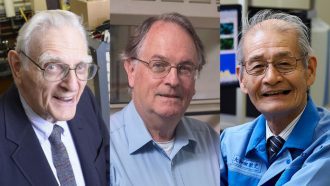 Chemistry
Chemistry2019 Nobel Prize in chemistry goes for pioneering lithium-ion batteries
Today’s lithium-ion batteries power everything from smartphones to computers. Three scientists who pioneered those batteries just got the 2019 Nobel Prize in chemistry.
-
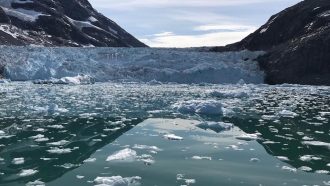 Climate
ClimateReport sums up climate’s already dramatic impact on oceans and ice
Melting glaciers, stronger storms and acidifying oceans are signs of climate change today, a new IPCC report says. Putting a brake on greenhouse emissions could limit how dire things get.
-
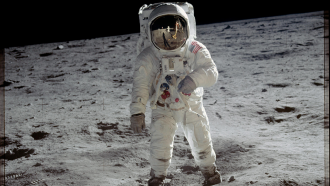 Space
SpaceLearning from what Apollo astronauts left on the moon
In the 1960s and ’70s, Apollo astronauts left trash, mementos and science experiments on the moon. Researchers want to study and preserve the relics.
-
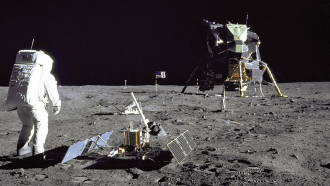 Planets
PlanetsPreserving remnants of human culture on the moon
Artifacts left behind by lunar landings have value to research and human history. Scientists now want to preserve those cast-offs while also learning from them.
-
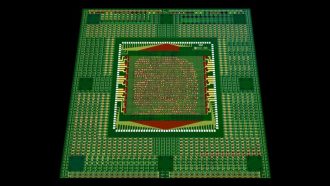 Computing
ComputingComputer chips from carbon nanotubes, not silicon, mark a milestone
Silicon has been king of cutting-edge electronics. But that reign may soon end, with carbon nanotubes taking silicon’s place.
-
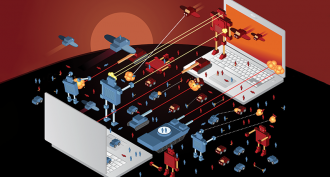 Tech
TechAI can learn real-world skills by playing video games
Video games are helping AI systems work together and adapt to real-world situations.
-
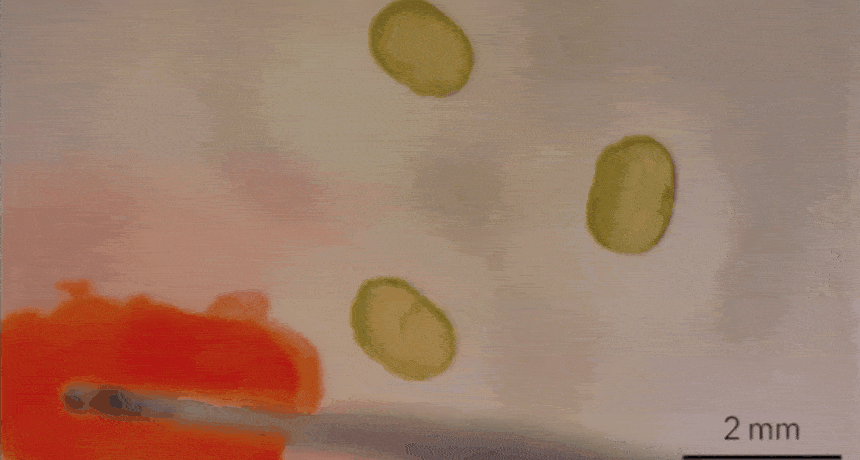 Physics
PhysicsTiny new magnets are not only squishy but also liquid
Researchers have just created liquid droplets that behave like tiny bar magnets. The movement of these external magnets might help control robots and more.
-
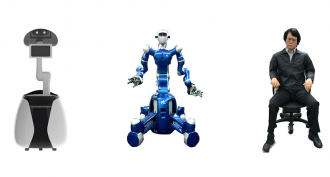 Brain
BrainThis brain region may make lifelike robots creep you out
Robots that look too much like real people can be unsettling. Scientists identified a brain region that may be behind these uneasy feelings.
-
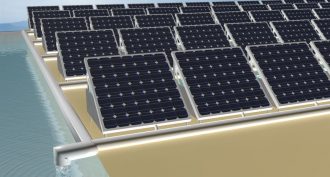 Tech
TechSunlight can produce energy and clean water at the same time
A new device can make electricity from the sun. What makes it truly special, however: It uses waste heat from the system to turn dirty water or salty water into drinking water.
-
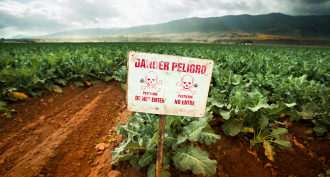 Agriculture
AgricultureU.S. farmers still use many pesticides that are banned elsewhere
More than one in four of the pesticide used on U.S. farms in 2016 had been banned in other countries.
-
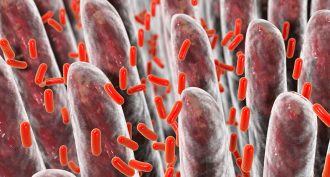 Microbes
MicrobesGut bacteria may affect how well your medicines work
Gut bacteria can chemically change the drugs people swallow. ID-ing a patient’s microbes might one day help doctors prescribe the most effective drugs.
-
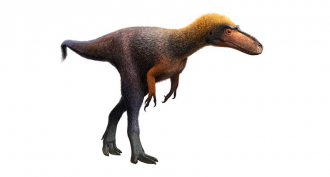 Fossils
FossilsThis tiny dinosaur is officially T. rex’s cousin
A newly identified dinosaur species fills a gap in the tyrannosaur family tree.